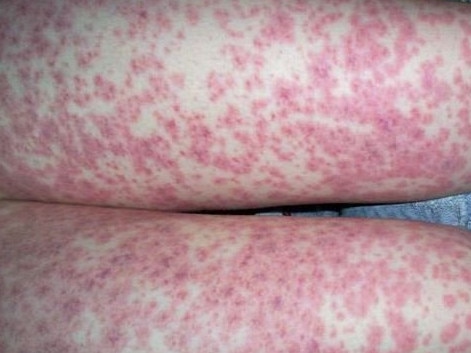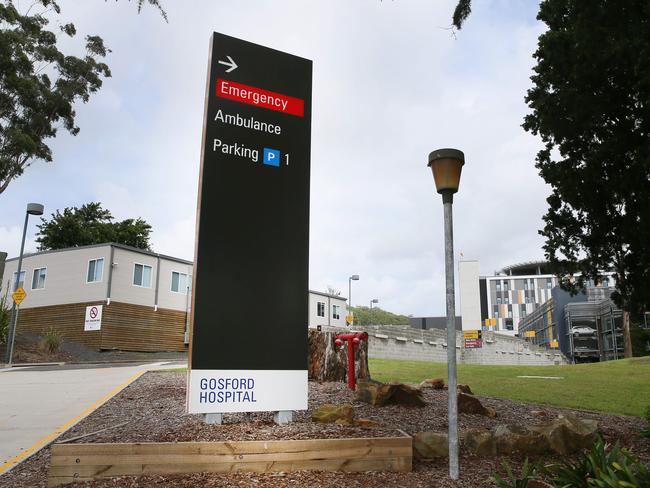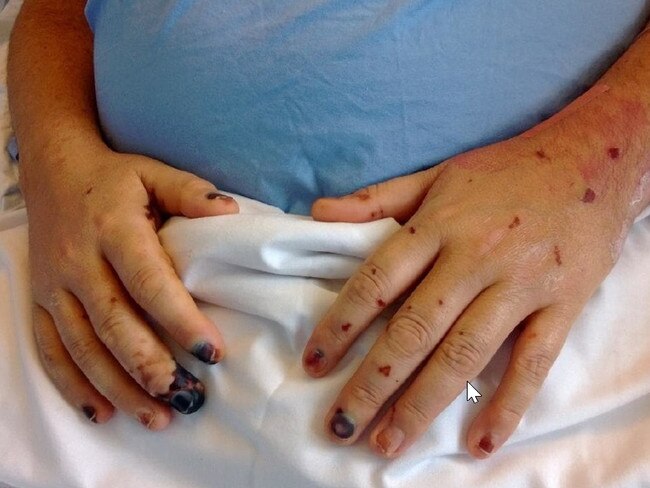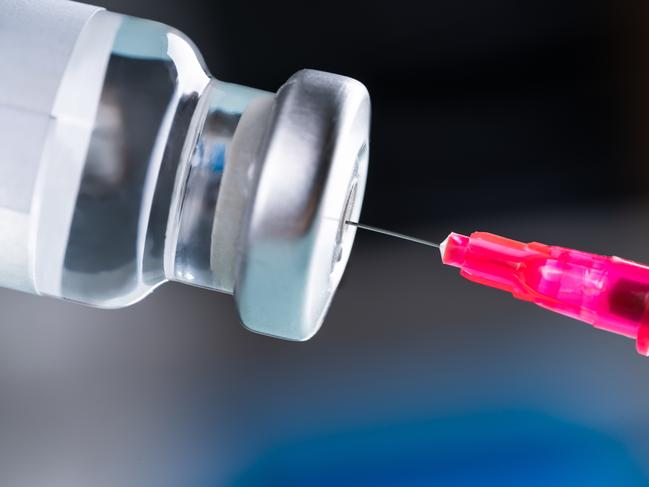Meningococcal warning for Central Coast as health authorities urge for awareness during coronavirus
While coasties remain on high alert for COVID-19 outbreaks, local health authorities have issued a fresh warning against one of the deadliest diseases heading into spring.

Central Coast
Don't miss out on the headlines from Central Coast. Followed categories will be added to My News.
- COVID-19: Health, hospitality and sales have most job vacancies on the Central Coast
- Wyongah’s Richard Booth sent naked images of ex to her dad
A fresh health warning has been issued for meningococcal disease across the Central Coast.
With the COVID-19 pandemic taking up everyone’s attention, Central Coast Local Health District is urging parents and young people to know the symptoms of the deadly disease to prevent premature death or disability.
Late winter and early spring are the prime conditions for meningococcal to thrive with children under five and 15 to 24-year-olds at the greatest risk.
Last year, there were 59 meningococcal cases in NSW with three on the Central Coast.

These included a 65 year-old woman who became unwell while visiting family in Victoria and an 81-year-old woman. The third case was a two year old girl from the coast who was quickly transferred to the Sydney Children’s Hospital.
“Thankfully these cases recovered but they are still three more cases than we would like to see on the Central Coast,” CCLHD Public Health Unit’s acting director Dr Katherine Todd said.

“Meningococcal disease is a serious bacterial infection. It is rare but severe in that a person can deteriorate quickly if the illness is not caught early. That is why people need to be aware of the symptoms and to seek medical advice early.”
Symptoms generally start with a sudden fever, often with headache, nausea and drowsiness. Neck stiffness, dislike of bright lights and a rash of reddish-purple spots or bruises may also develop quickly.
Babies with the infection can be irritable, not feed properly or have an abnormal cry.

“The reddish-purple rash is a well-known symptom of meningococcal disease, but it is important to know that it does not always occur or may present late in the illness,” Dr Todd said.
“If meningococcal disease is suspected, don’t wait for the rash before seeking treatment.”
Urgent medical attention can be lifesaving with meningococcal fatal in up to one in 10 cases. One in five infections result in permanent disabilities.
Vaccination is strongly encouraged as a key prevention measure. For more information on vaccination and symptoms visit the NSW Health website.

